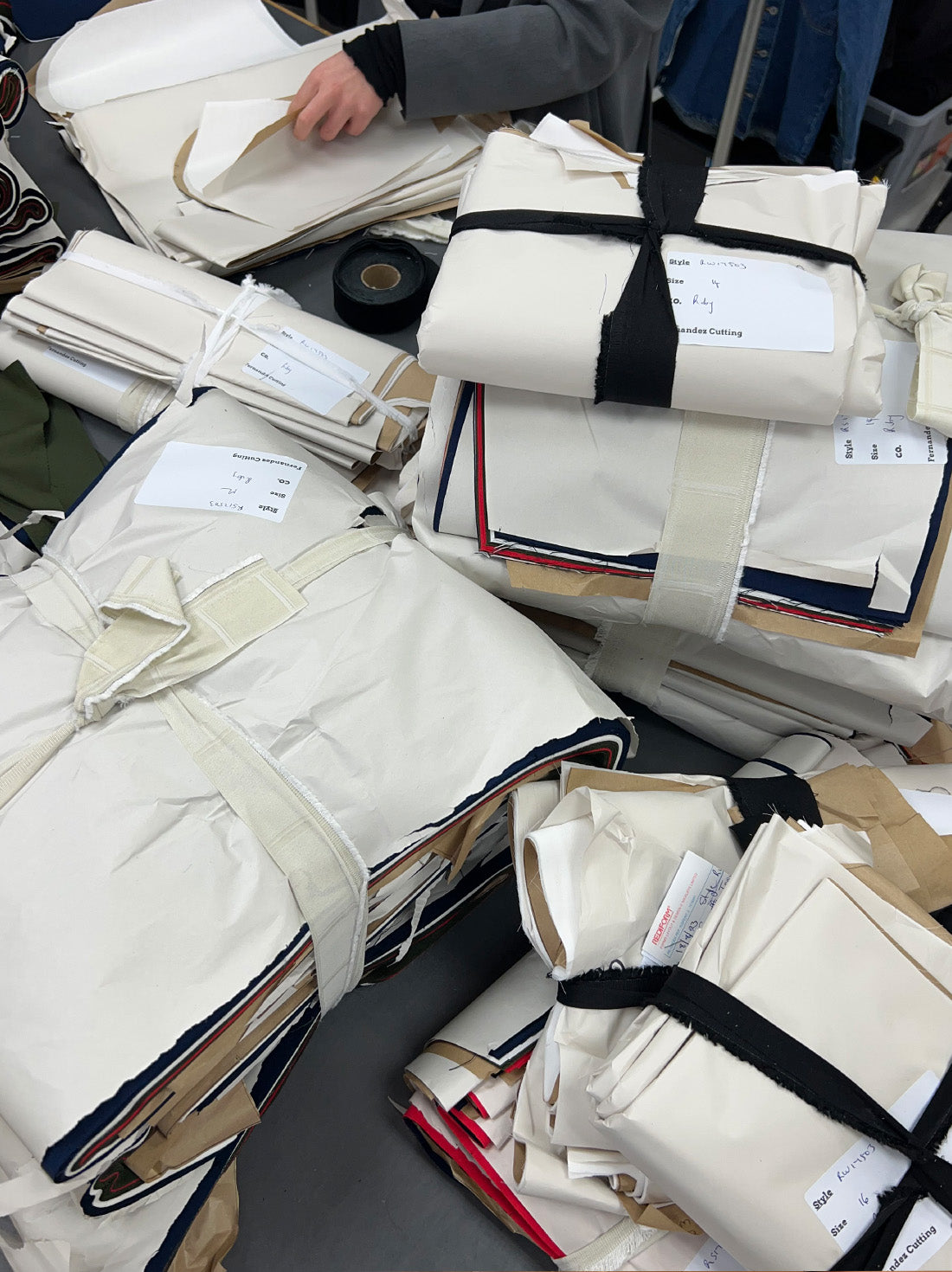After a neck injury that left Sophia 87% impaired and paralysed at 19, she shares with us how she has learned to navigate life as a young adult post accident.
"I understand that disability is a spectrum and that I cannot expect everyone to have a deep understanding of all the different abilities that they may come across. Nonetheless, I do think it is a reasonable expectation that people living with disabilities are spoken to as communicable beings, and are given the opportunity to respond as communicable beings."
I was in an appointment with a health practitioner whom I had not met before. While working on my body, she looked over to my support worker to ask “does Sophia go outside much?”. A combination of disbelief and the urge to yell “GTFO” swept over my support worker and myself. This lady, a mere five minutes after I had greeted her and welcomed her into my home, had stripped me of all the independence I still had.
I broke my neck at the age of 19, which left me 87% impaired and paralysed. Using my brain is almost entirely how I exercise my independence, however, this stranger, privy to my paralysis, had deemed me incapable of speaking for myself.
Why do those who have little experience with disability automatically underestimate our intellectual capabilities based on an uneducated and superficial analysis? It is well and good to make sure there’s a ramp into the salon, but what use is the ramp if the hairdresser doesn’t consult me about what I want?
I understand that disability is a spectrum and that I cannot expect everyone to have a deep understanding of all the different abilities that they may come across. Nonetheless, I do think it is a reasonable expectation that people living with disabilities are spoken to as communicable beings, and are given the opportunity to respond as communicable beings.
Tip: approach every disabled person as if they were Stephen Hawking; rich, famous, articulate, and more hilarious than one would expect. Then, if they don’t live up to this, nobody gets offended, and you make a super cool new friend (think VIP treatment at concerts, priority parking, floor-length mirrors in the disabled toilets that will show off both of your fresh fits for the 'gram).
Let’s remember that accessibility encompasses a lot more than universally designed infrastructure; it’s just as much the physical environment as it is the social environment. And please, if you happen to bump into the aforementioned practitioner, let her know that I do go outside. After all, how else would I laugh about the silly things people do with my fellow disabled friends if I never left the house?
Written by Sophia Malthus























